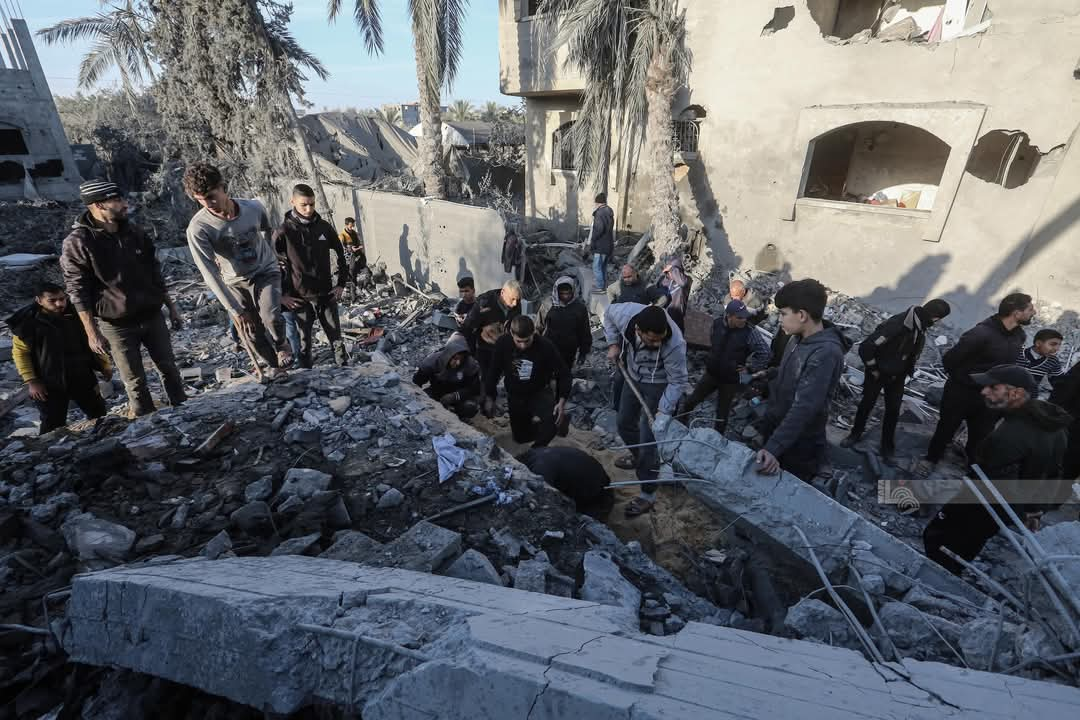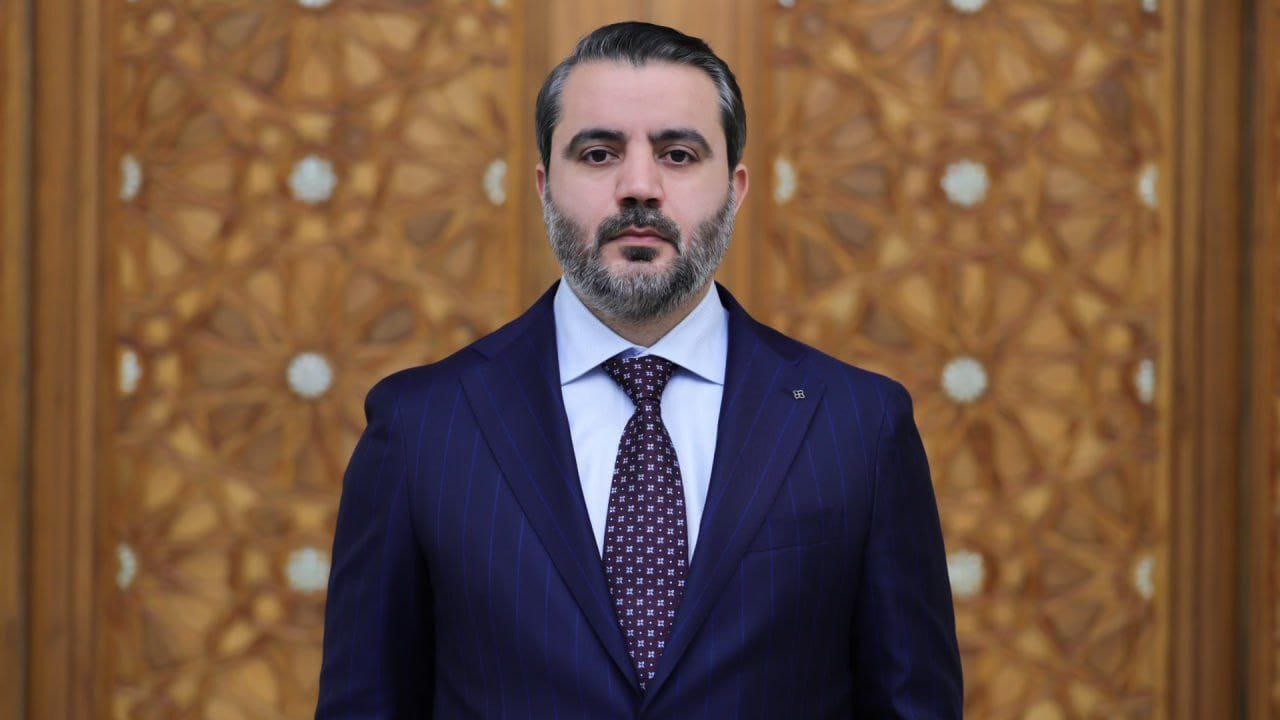
Losing a loved one is always distressing, even more so when a person has died far from home.
In Qatar, there is a long and often confusing list of procedures to follow when a foreigner dies.
Earlier this year for example, the family of an Indian man who passed away on board a Qatar Airways flight struggled with several bureaucratic hurdles when trying to repatriate his body.

In a bid to help people understand what they need to do if a family member, friend or colleague dies, the British Embassy in Doha has published a practical guide to bereavement.
The step-by-step document, which the mission posted online this week, is primarily aimed at helping process the remains of a British expat. But much of the advice in it will apply to other nationalities, too.
Advice
The guide includes advice such as making at least 10 copies of the passports and Qatar ID cards of the deceased, his/her sponsor and next of kin.
There is also a section on what to expect following the mandatory autopsy. This advises that an Arabic-language consent form is needed for the removal and destruction of organs in non-criminal cases.
Meanwhile, the guide also reminds residents that cremations cannot be performed in Qatar. It also outlines what to do in the event of a local burial, or if the body is to repatriated home.

Collated by embassy staff, the guide had previously been given to family and friends of deceased people in Qatar.
Describing the decision to publish it online, an embassy spokesperson told Doha News:
“The British Embassy’s bereavement guide is provided to assist those dealing with the loss of a colleague or loved one in Qatar.
We want this information to be available as easily as possible to those who need it, so we added it to our website during a regular review. Whilst much of the information is common to all expats, our guide is specifically tailored to British nationals.’’
As procedures in Qatar can change with little notice, the embassy advised that details be verified with the relevant local authorities at the time.
First steps
Following a death in Qatar, either the next-of-kin or an “appropriate representative” – such as the person’s sponsor – must decide whether to have a local burial or to send the body of the deceased back to his/her home country.
If the person had insurance, his or her company should be immediately contacted. Otherwise, costs for repatriation or burial are paid by the deceased’s sponsor or next-of-kin.

According to the guide, the body is usually sent to an HMC hospital mortuary, and will remain there until all the necessary paperwork has been completed.
To assist with the numerous documents that must be filled out, at least 10 copies of the deceased’s Qatar ID cards and passport should be made, it added.
It is also helpful to have multiple passport and ID copies of the person’s sponsor and next-of-kin.
Paperwork
In Qatar, several documents are required by various authorities before a body can be released for repatriation or burial.

The deceased’s embassy as well as the Ministry of Interior (MOI), Hamad Medical Corp. (HMC), the Ministry of Public Health (MoPH) and the airline that will fly the body home all need to be contacted.
Additionally, in the event of a local burial, police, coffin makers, embalmers (if needed) and funeral directors must also be reached.
Some of the main tasks include:
- Arranging a police report;
- Getting a death certificate;
- Obtaining a No Objection Certificate for the burial or repatriation;
- Canceling the deceased’s passport;
- Canceling his/her Residency Permit and Qatari ID;
- Arranging an embalming certificate or burial permit (for local burials);
- Obtaining an exit visa for the body from the MOI (for burials abroad); and
- Paying for airline tickets and associated costs.
Before leaving
In the event that a body is being repatriated, the guide sets out several steps that must be followed on the day prior to the scheduled flight home.
For example, the body has to be sealed into a coffin with wax, and a family member or representative must be present for this.
The person making the arrangements must also go to immigration at Hamad International Airport (HIA) to get exit stamps and permission for the body to depart.

The date of the flight should be the same day as the date of the exit stamp, the guide warned.
It then outlined procedures to be undertaken at the airport with customs, police and the cargo agent.
Contact details for coffin makers and embalmers are also detailed in the guide, and names and contact information for UK-based funeral directors who can make international arrangements.
Additionally, support groups in the UK for those who are bereaved are detailed at the end of the guide.
Planning ahead
For those feeling overwhelmed by all this red tape, some advance planning may help in times of crises.
Two years ago, Australian blogger Kirsty Rice called planning for emergencies “grim but necessary work” for expats.

Following the death of a friend’s husband, she came up with this list of things to do to help prepare for disaster situations.
It includes tips such as making sure your will is legal in Qatar; discussing in advance what to do with your remains; and knowing your bank account/other account details.
Have you ever lost a loved one in Qatar? Thoughts?







